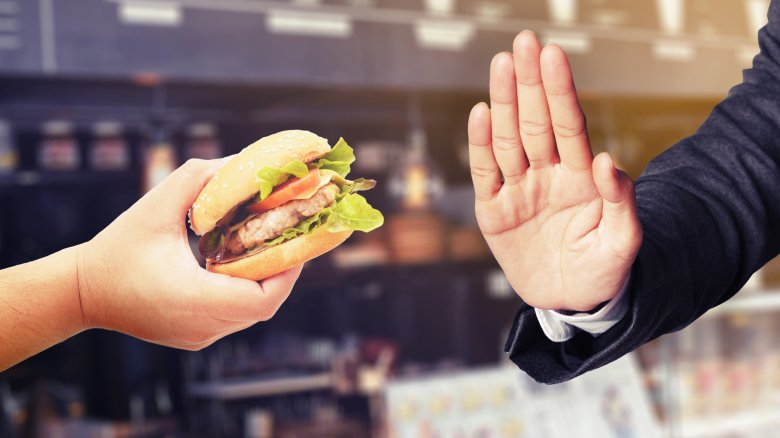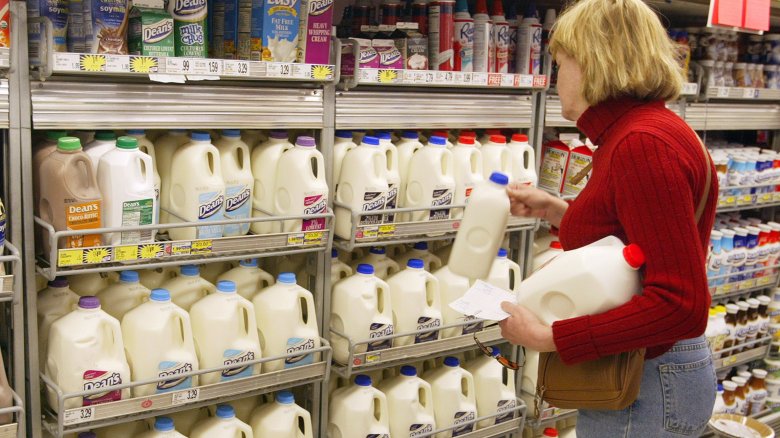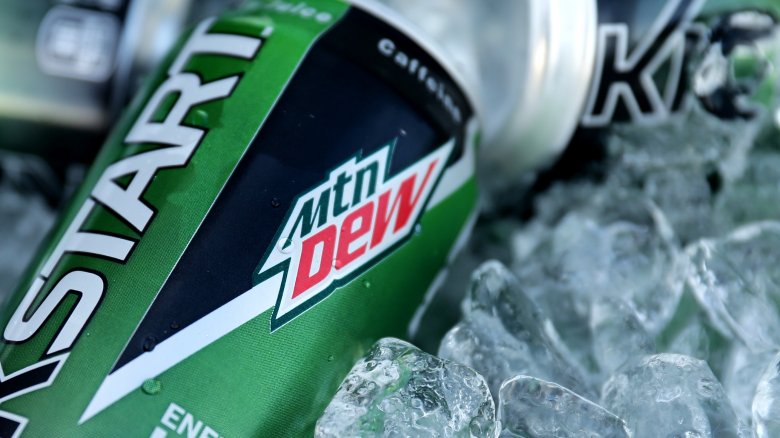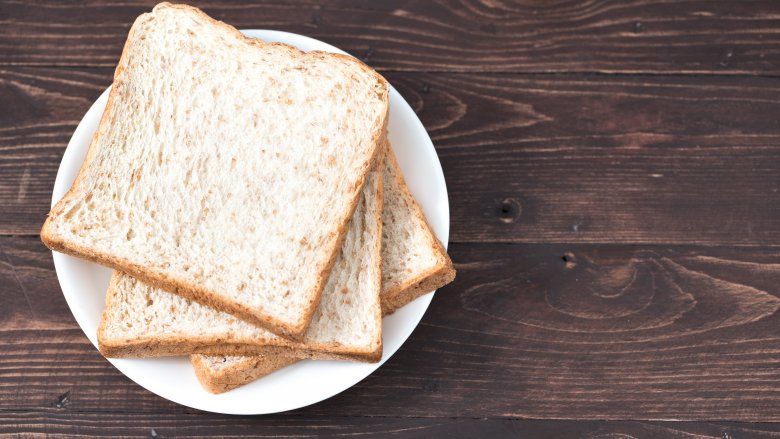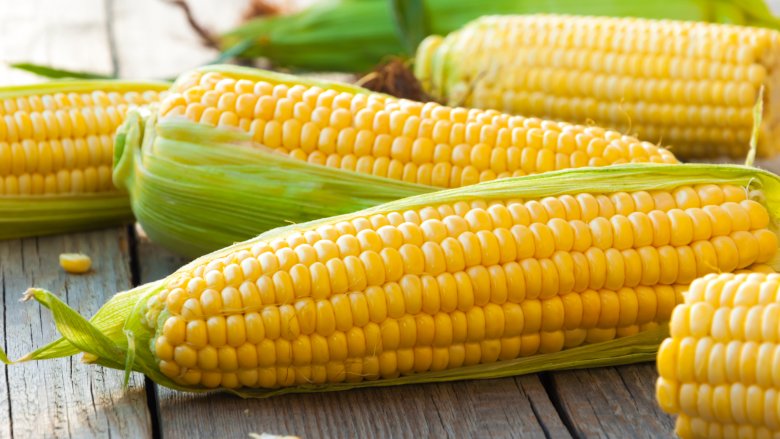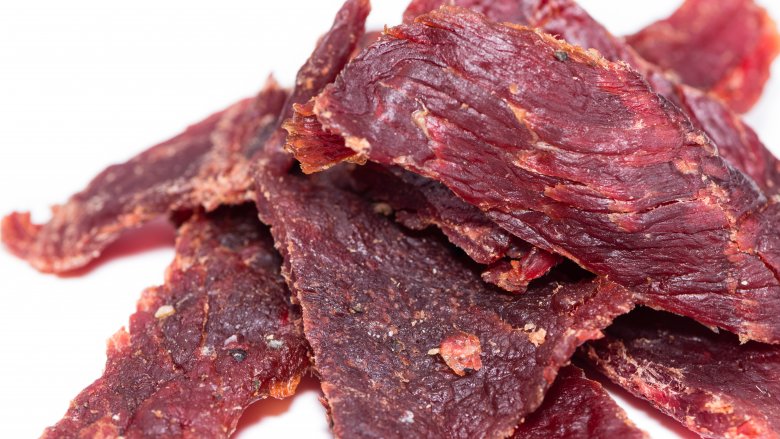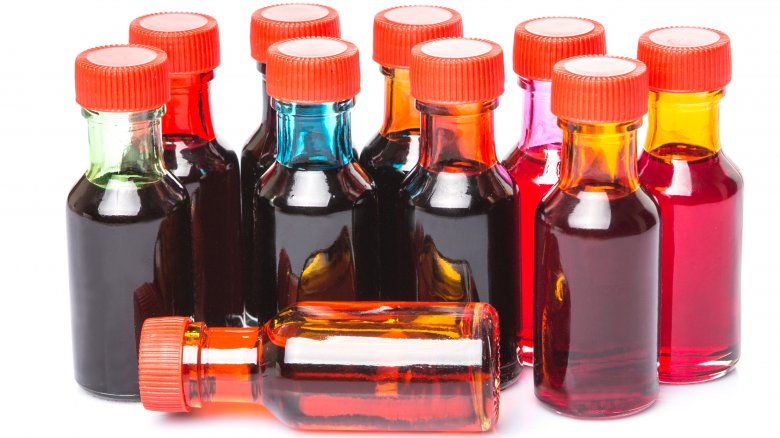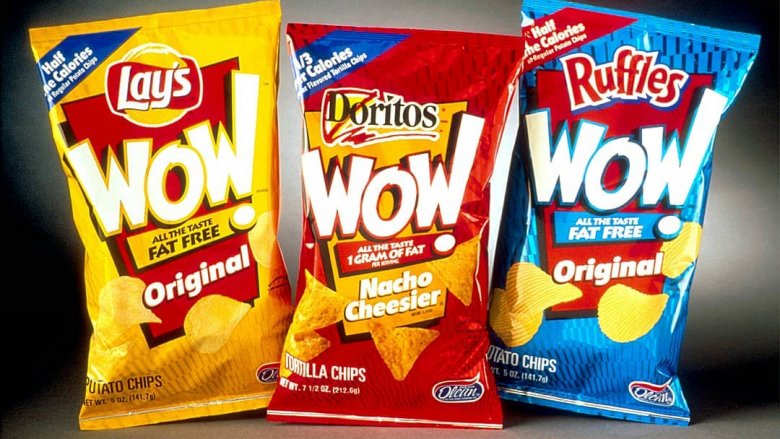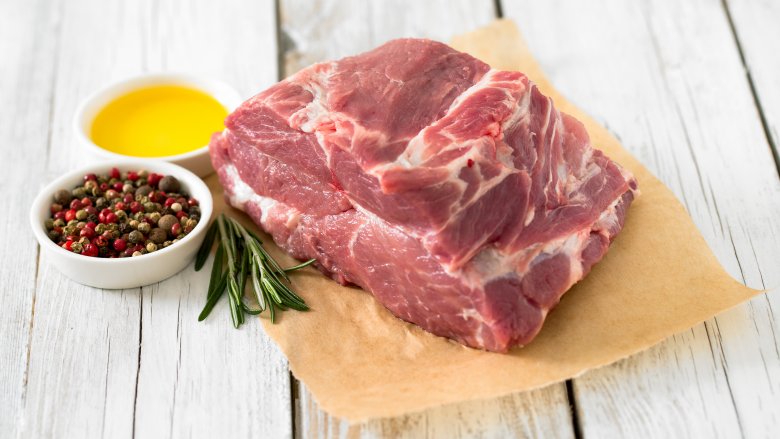American Ingredients Other Countries Have Banned
Open your refrigerator or pantry and take a look around. You probably have a few so-called kitchen staples like milk, bread, granola bars, and even a few boxes of macaroni and cheese shaped like your favorite cartoon character. Maybe I should cue the ominous music, but some of your favorite snacks and foods here in the United States are completely banned and illegal in other countries. Even if you consider yourself relatively healthy and make positive choices in regards to your diet, I can guarantee you've probably eaten something in the past week that would be banned in other countries. Scary, right? While some of those foods are banned for reasons you might find ridiculous, others are because they contain ingredients the rest of the world considers unsafe. So should you start rethinking some of these foods, too? Now's the time to check your favorite snacks' labels and see if they wouldn't be allowed out of the country — even if they did have a passport.
Dairy with rBGH
It might sound like the name of a local television station, but rBGH stands for recombinant bovine growth hormone. Milk and other dairy products with rBGH are banned in Europe and Canada, but since 1993 rBGH has been approved in the United States by the FDA.
This particular growth hormone was developed by Monsanto to increase milk output from cows. To avoid drinking milk or consuming dairy with rBGH, it's best to go the organic route, but according to the American Cancer Society, cows are now being injected with the hormone less and less and even the country's largest grocery store chains, including Walmart are refusing to sell milk and dairy products that contain rBGH.
Brominated vegetable oil
If you're a '90s kid you probably remember the Nickelodeon show Kenan and Kel and how much Kel loved orange soda, but both you and Kel might not have realized you're drinking a bit of flame retardant with every sip of a citrus flavored beverage. Brominated vegetable oil has been approved by the FDA to use in soft drinks in "safe quantities" since 1977, yet it is banned in European Union countries and in Japan. What does BVO do?
Brominated vegetable oil acts sort of like a mixing agent to help with the blending of citrus flavors. After a highly successful Change.org petition back in 2012 to put an end to Gatorade using BVO, major beverage brands like Coca-Cola and Pepsi began to phase out the use of BVO in their citrus soft drinks a few years later. However, it is to be noted that everyone's favorite family of caffeinated elixirs, Mountain Dew, Diet Mountain Dew, and Mountain Dew Code Red are still being produced with brominated vegetable oil.
Potassium bromate
When you pick up a loaf of bread you probably see the word 'enriched' slapped on the package every now and then. This means your bread has added vitamins and minerals like riboflavin, folic acid, and iron, but some of that soft bread you use for peanut butter and jelly sandwiches also contains potassium bromate; a chemical compound that is illegal in China, the European Union, Japan, Brazil, Australia, and even our neighbor to the north, Canada.
Potassium bromate is added to breads, wraps, and crackers to strengthen the dough so it stretches easier and rises higher. Although potassium bromate gives bread products a soft and fluffy texture, the chemical compound is a known carcinogen. It has been proven in studies from as far back as 1982 that potassium bromate can cause cancer in lab rats. Potassium bromate aka bromated flour is perfectly legal and approved by the FDA in the United States, however in the state of California any food item that contains this chemical compound has to carry a warning label.
Genetically modified fruits and vegetables
You probably can't go two feet in a grocery store without seeing a brand bragging that their product contains no GMOs, but if you head toward the produce aisle things get a bit different. Many of the fruit and vegetables we consume that aren't organic are genetically modified to make them stronger and more resistant to disease.
Exporting these GMO fruits and vegetables to Europe is illegal, because the European Union has banned the sale and consumption of genetically modified foods.
BHA and BHT
BHA and BHT are preservative pals that are usually found together in a variety of fatty foods like potato chips, meat snack sticks, and practically everything else that is prepackaged and not organic.
Butylated hydroxyanisole (BHA) and butylated hydroxytoluene (BHT) are used to protect foods from becoming quickly rancid; that's why it's usually safe to eat something past sell by dates, but these preservatives are banned in parts of Europe. Some studies have suggested BHA and BHT may be carcinogens, however the FDA continues to approve for their use in food and cosmetics.
Artificial food dyes
Although there are some artificial food dyes that are banned in the United States, the most popular ones including Blue #2, Red #40, and Yellow #5 are used quite frequently and are in everything from salad dressings to strawberry sundaes at McDonald's. These food dyes are banned in many European Union countries unless they carry a scary-looking warning label, with the reason being that some dyes have been linked to increased hyperactivity in young children, cancer, and allergies. Since no one wants to be branded with the label, most companies avoid using the dyes.
Although artificial food dyes are still widely used in the United States, there are many large companies making strides to eliminate these dyes and go the all natural route. Kraft nixed Yellow #5 and Yellow #6 from their popular macaroni and cheese in 2016, and Mars will be slowly removing artificial colors in M&Ms, Skittles, and other popular candy. Kraft and Mars have followed in Nestle and General Mills' footsteps in order to lure back consumers who have stopped buying their products because of added artificial food coloring.
Olestra/Olean
Considered one of the worst inventions of all time by Time, Olestra, aka Olean, is a food additive that was approved by the FDA to use in commercial food products as a fat substitute back in 1996 after decades of development. It has been banned in Canada since 2000. The first commercial example was the WOW! brand of chips produced in 1998 by Frito-Lay. WOW! chips were a fat-free alternative to their full-fat cousin, but those who thought they found a dieting loophole soon figured out that excessive consumption of chips with Olestra causes diarrhea and other gastric complications.
Meat with ractopamine
Much of the meat you buy at your local grocery store isn't just protein, it's injected with a variety of additives, preservatives, and food coloring agents. One of these additives is the drug ractopamine which is fed to pigs and cattle to boost their growth. The use of Ractopamine is banned in Russia, China, Taiwan, the European Union, and dozens of other countries.
A Canadian study found that monkeys who were given daily doses of ractopamine saw their heart rate increased, and ractopamine has been blamed for a host of illnesses in pigs.
